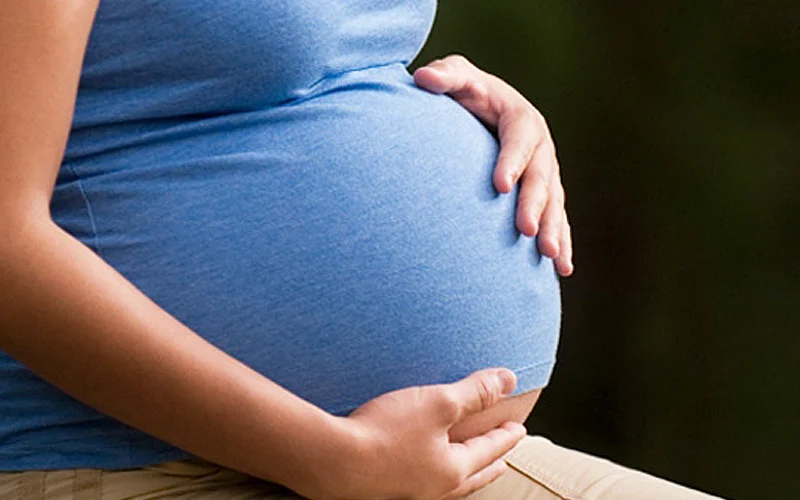Pregnancy brings about various changes to the body as it supports the growth and development of a new life. Across the three trimesters, individuals experience a range of physical and emotional shifts, with each phase marked by unique developments. This article provides an overview of what to expect throughout pregnancy, helping readers better understand the process.
What Are the Earliest Signs of Pregnancy?
The earliest signs of pregnancy can vary from person to person, but certain symptoms are commonly experienced as the body adjusts to hormonal changes. These early signs may start subtly and become more noticeable over time.
- Missed Period: Often the first noticeable sign, as it’s a key indicator of pregnancy.
- Fatigue: Increased hormone levels can leave you feeling unusually tired.
- Nausea: Morning sickness, which can occur at any time of day, is a common early symptom.
- Heightened Sensitivity to Smells: Certain scents may suddenly feel overwhelming or unpleasant.
- Breast Tenderness: Hormonal changes can cause swelling, soreness, or sensitivity in the breasts.
- Mood Swings: Fluctuating hormones may lead to emotional ups and downs.
- Frequent Urination: The body produces more fluids during pregnancy, leading to more trips to the bathroom.
- Cravings or Weight Changes: You may notice cravings for certain foods or slight weight fluctuations as your body adapts.
While these symptoms can indicate early pregnancy, it’s necessary to confirm with a pregnancy test or consult a healthcare provider for certainty. Everyone’s experience is unique, and symptoms can differ in intensity and timing.
How Does Your Body Change in the First Trimester?
During the first trimester, the body undergoes significant adjustments to support the developing baby. Hormones like progesterone and estrogen increase, which can lead to heightened fatigue, nausea, and occasional dizziness. Many individuals also experience morning sickness, which may occur at any time of day.
Physical changes during this phase include breast tenderness and bloating. Internally, the uterus begins expanding to accommodate the growing baby. Although these changes might feel overwhelming, they are part of the natural progression of early pregnancy.
What Physical and Emotional Shifts Happen in the Second Trimester?
The second trimester is often referred to as the “honeymoon phase” of pregnancy, as many early discomforts, such as morning sickness, tend to subside. Energy levels typically improve, making this period more enjoyable for many individuals. Physically, a baby bump becomes more noticeable, and appetite may increase.
Here’s what to expect during the second trimester:
- Improved Energy Levels: Many people find they feel more energetic compared to the first trimester, making it easier to manage daily activities.
- Visible Baby Bump: The growing uterus starts to show outwardly, and this is when many begin to “look” pregnant.
- Increased Appetite: As the baby grows, nutritional needs rise, often leading to a heightened sense of hunger.
- Physical Discomforts: Backaches, leg cramps, or swelling may occur due to added weight and fluid retention.
- Emotional Changes: Excitement about the baby’s arrival often mixes with occasional mood swings.
- Baby Movements: This is the time when many begin to feel the baby kick, creating a stronger bond between parent and child.
As the pregnancy progresses, these changes and milestones shape the journey, bringing excitement and new experiences while preparing for the next stage.
What Can You Expect in the Third Trimester?
The third trimester brings further physical changes as the body prepares for labor and delivery. Weight gain tends to be more noticeable, and some individuals may experience increased fatigue and difficulty sleeping due to discomfort. Swelling in the hands, feet, and ankles is also common as the body retains more fluid.
Other changes during this phase may include Braxton Hicks contractions, which are mild and irregular contractions that help the uterus prepare for labor. Some may feel increased pressure as the baby moves lower into the pelvis. Staying hydrated, maintaining a comfortable sleeping position, and pacing activities can help manage these physical demands.
Discuss What to Expect With Your Provider
Pregnancy involves complex changes, and each person’s experience is unique. Talking with a healthcare provider throughout this process can provide valuable insights and support for managing any challenges. Providers can also answer questions tailored to individual needs or circumstances.
Schedule regular checkups to stay informed and address any concerns during all stages of pregnancy. Understanding these changes can help you feel more prepared as you approach delivery. To learn more about how to manage pregnancy and its effects on your body, connect with your healthcare provider today.

